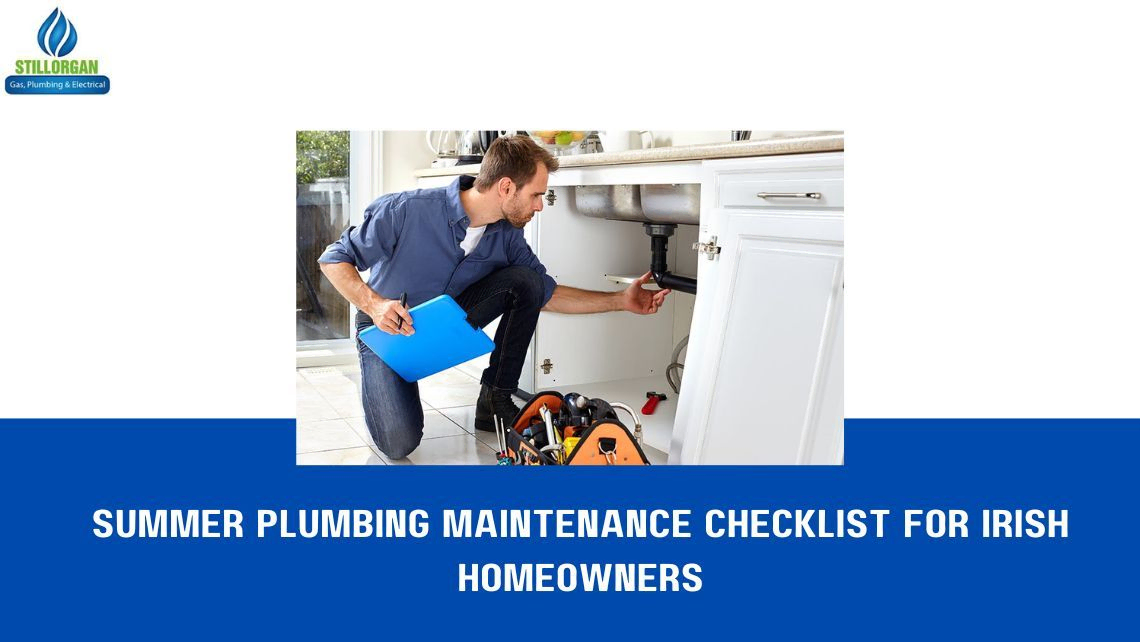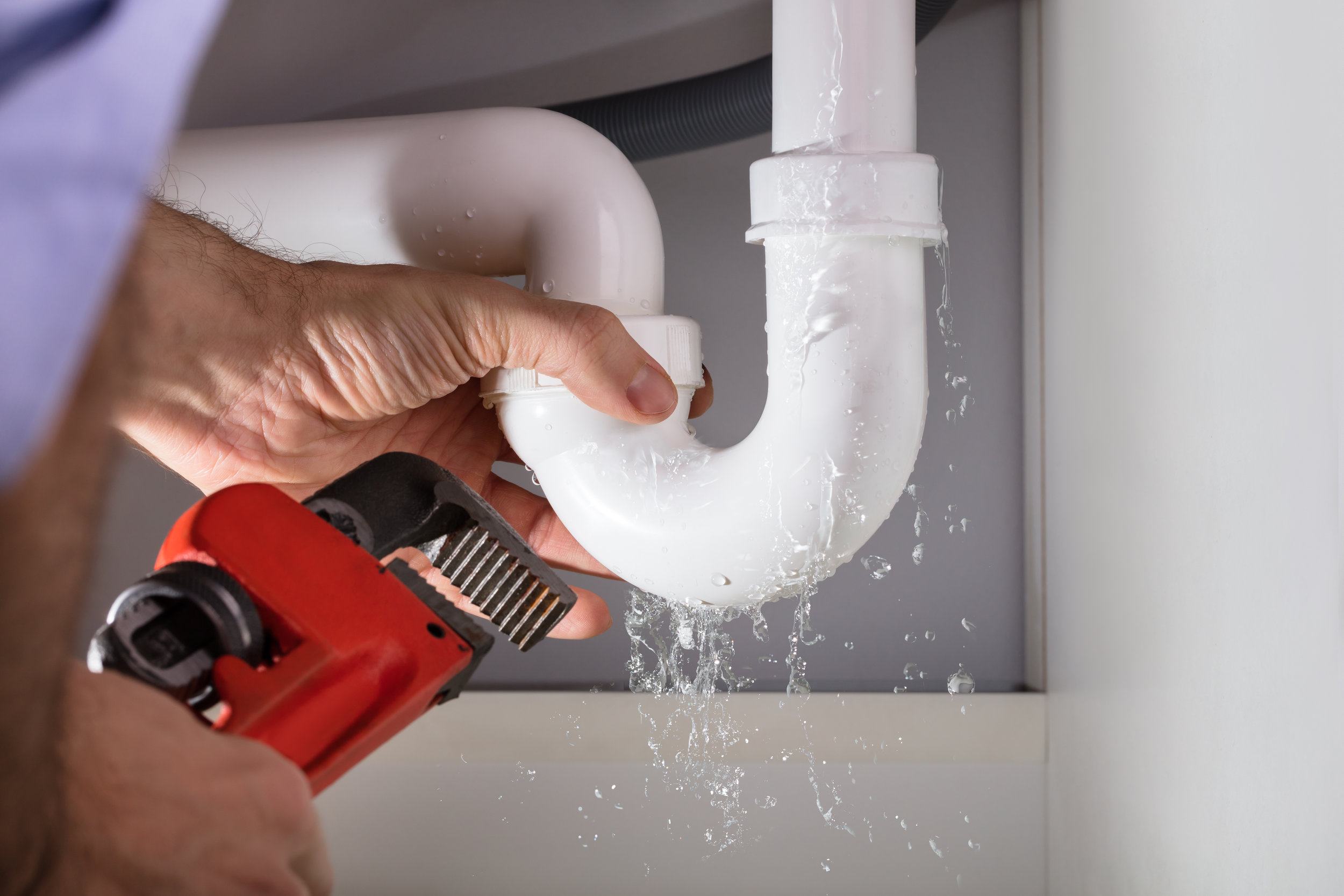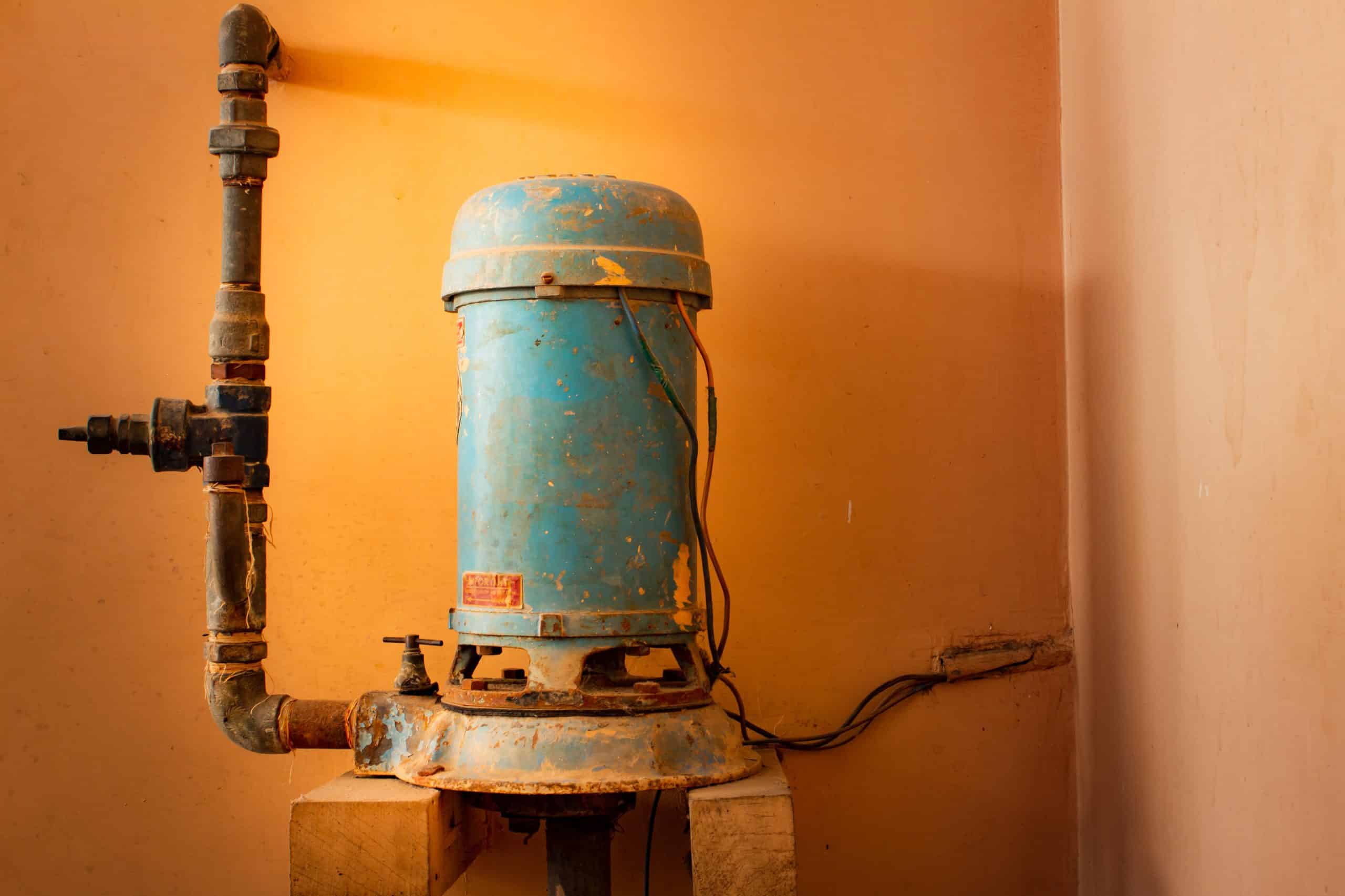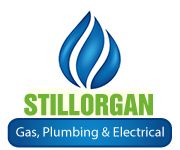
12/02/2024 by Himanshu 0 Comments
Summer Plumbing Maintenance Checklist for Irish Homeowners
In Ireland's lush landscape, where summer brings warmth and long daylight, it is an opportune time for homeowners to pay attention to their plumbing systems. At Stillorgan Gas & Plumbing, we understand the importance of routine plumbing maintenance for Irish families. As experts in plumbing solutions, we stress the importance of proactive maintenance to prevent costly repairs and maintain a smoothly functioning home. Let's take a look at why summer is the perfect season to tackle essential plumbing tasks.
Check for Leaks
During the summer months, it is important for Irish homeowners to inspect their plumbing fixtures including taps, showerheads and pipes for any signs of leakage. At Stillorgan Gas & Plumbing, we recommend thoroughly inspecting these components to ensure their integrity.
Addressing leaks immediately is paramount for several reasons. First, it helps conserve water, which is a precious resource, especially during dry summer periods. Even a small drop can cause a lot of water waste over time. By repairing leaks promptly, homeowners can contribute to water conservation efforts and reduce their utility bills.
Additionally, fixing leaks promptly helps prevent water damage in the home. In Ireland's temperate climate, excess moisture can lead to mold growth, structural damage and compromised indoor air quality. By fixing leaks promptly, homeowners can save their property from costly repairs and maintain a healthy living environment for their families.
Therefore, as part of a summer plumbing maintenance checklist, we urge homeowners to make it a priority to inspect and repair any leaks in their plumbing systems. Whether it's a dripping tap or a small pipe leak, addressing these problems immediately can make a significant difference in saving water and protecting your home.

Examine Outdoor Plumbing
As the summer sun warms Ireland's landscape, it is important for homeowners to extend their plumbing inspections beyond indoor fixtures. Outdoor plumbing, including faucets, hoses and sprinkler systems, also requires careful evaluation during this season.
Start by thoroughly inspecting the outdoor faucet for any signs of leakage or damage. Even small droplets can cause considerable water wastage over time, especially as water wastage increases due to longer daylight hours and hot summer temperatures. By quickly fixing leaks in outdoor faucets, homeowners can save water and reduce their utility bills.
Next, assess the condition of the hoses and connections. Look for cracks, bulges, or signs of wear that may indicate possible leaks or weak points in the system. Replace any damaged hoses or fittings to prevent water loss and ensure efficient watering of gardens or lawns.
Additionally, inspect the sprinkler system for leaks, misalignment, or worn heads. Proper irrigation maintenance is especially important during Ireland's dry summer months when plants and lawns depend on consistent water to thrive. By ensuring sprinkler systems are in optimal condition, homeowners can promote healthy vegetation while conserving water resources.
Highlighting the importance of proper irrigation maintenance not only benefits the homeowner but also contributes to environmental conservation efforts. By efficiently managing outdoor water use, homeowners can play their part in conserving Ireland's natural resources and reducing the effects of water shortages during drought.
Clean Gutters and Downspouts
Clogged gutters pose a significant threat to homes, as they can cause water damage and affect plumbing systems. When gutters become blocked with debris such as leaves, twigs and dirt, rainwater cannot drain properly from the roof and foundation. As a result, water can overflow, seep into walls or basements, and cause structural damage, including wood rot, mold growth, and foundation problems. Additionally, excess moisture can infiltrate the plumbing pipes that run along exterior walls, causing rust, leaks, and possible water damage inside the home.
To ensure proper drainage and prevent these problems, it is essential to clean gutters and downspouts regularly. Start by removing debris manually or with a gutter scoop, working with a ladder and moving along the length of the gutter. Afterwards, flush out any remaining debris and dirt using a garden hose. Check downspouts for blockages and use a plumber's snake or pressure washer to remove any blockages. Finally, inspect gutter joints and seams for leaks, repairing any damaged areas as needed. By maintaining clean gutters and downspouts, homeowners can protect their property from water damage and maintain the integrity of their plumbing system.
Test Sump Pump
Sump pumps play a vital role in preventing basement flooding by efficiently removing excess water that accumulates around the foundation. To make sure the sump pump is working properly, follow these steps:
Pour water into the sump pit to turn on the pump.
Verify that the pump turns on automatically and pumps water from the pit efficiently.
Check the discharge pipe to make sure water is moving away from the home's foundation.
Test the sump pump regularly, especially before the rainy season, to make sure it is ready to protect the basement from potential flooding.

Inspect Water Heater
Regular inspection of the water heater is necessary to ensure its proper functioning and longevity. Start by checking the tank for signs of corrosion, especially around fittings and connections. Corrosion can weaken the tank and cause leaks, creating a risk of water damage and reduced efficiency.
Next, inspect for any visible leaks or moisture around the base of the water heater. Even small leaks can indicate underlying issues that need attention. Addressing leaks promptly can prevent further damage to the water heater and surrounding areas.
In addition to visual inspection, it is important to flush the water heater periodically to remove sediment buildup. Sediment accumulation at the bottom of the tank can reduce heating efficiency and potentially cause overheating or damage to the heating elements. To flush the water heater, turn off the power or gas supply, close the cold water inlet valve, and connect a garden hose to the drain valve. Open the drain valve and allow the tank to drain completely, flushing out any sediment with the water. Repeat the process until the water runs clear.
By regularly inspecting water heaters for rust and leaks and removing sediment deposits, homeowners can ensure optimal performance and extend the lifespan of their water heating system.
Check Toilet Functionality
It is important to regularly check toilets for leaks, flowing water or other malfunctions to maintain a functional plumbing system and prevent water wastage. To do this, start by inspecting the toilet tank for any signs of leakage, such as water pooling around the base or persistent running water. If a leak is detected, it is important to identify the source, which may include checking the flapper valve, fill valve, or tank bolts for damage or deterioration.
For DIY solutions to common toilet problems, homeowners can try adjusting the water level in the tank by adjusting the float arm or adjusting the length of the chain connecting the flush lever to the flapper valve. Additionally, replacing a worn flapper valve or fill valve can often resolve the problem of no running water. However, if the problem persists or there are signs of a more significant malfunction such as cracks in the toilet bowl or tank, it is advisable to contact a plumber for professional assistance.
By regularly checking toilet functionality and promptly resolving any problems, homeowners can avoid water waste, reduce utility bills and maintain the efficiency of their plumbing system. Additionally, DIY maintenance can help deal with minor toilet problems, but for complex issues or persistent leaks, seeking professional plumbing services ensures comprehensive repairs and long-term peace of mind.
Maintain Drains
Preventing blockages in sinks, showers and drains is important to maintain a smoothly functioning plumbing system. At Stillorgan Drain Cleaning, we advocate proactive strategies to keep drains clear and prevent plumbing problems.
An effective preventative measure is to install drain guards or strainers in sinks and showers to prevent hair, food particles and other debris from accumulating and causing blockages before they occur. Regular cleaning of these guards ensures optimal performance. Additionally, avoid pouring grease, oil or coffee grounds down drains, as these substances can settle and cause stubborn blockages.
For eco-friendly ways to clear minor clogs, consider using a mixture of baking soda and vinegar. Pouring this solution down the drain with hot water can help break down organic matter and loosen debris without the need for harsh chemicals. Alternatively, minor blockages can be effectively removed by mechanical methods such as using a plunger or plumbing snake.
Avoiding chemical drain cleaners is essential for both the environment and plumbing health. These harsh chemicals can corrode pipes over time and pose a threat to aquatic ecosystems when washed into waste water systems. Instead, opt for eco-friendly drain cleaning products or the DIY solutions mentioned above.
By implementing these strategies and using eco-friendly methods for drain maintenance, homeowners can prevent clogs and promote the longevity of their plumbing systems while reducing their environmental impact.

Assess Water Pressure
Adequate water pressure is important to ensure efficient plumbing performance and a comfortable living environment. Proper pressure allows smooth flow of water through pipes, taps and appliances, allowing tasks like bathing, washing dishes and laundry to be completed effectively. Insufficient pressure can impede these activities, causing frustration and inconvenience to homeowners.
To maintain optimal water pressure, it is necessary to regularly assess and resolve any problems that may arise. Start by testing the water pressure using a pressure gauge attached to an outside faucet. Ideally, the pressure should be within the range of 40 to 60 pounds per square inch (PSI). If the pressure is below this limit, it may indicate a blockage or leak in the plumbing system.
To troubleshoot low or inconsistent water pressure, start by checking for any visible leaks or blockages in pipes and fixtures. Inspect faucet aerators and showerheads for mineral accumulation, which can restrict water flow. If necessary, clean or replace these components to improve pressure. Additionally, consider installing a water pressure regulator to stabilize pressure levels throughout the home.
Regular monitoring and maintenance of water pressure is essential to maintain the efficiency and longevity of plumbing systems. By addressing pressure problems immediately, homeowners can ensure a reliable supply of water for daily activities and prevent costly repairs in the long run.

Comments
Leave a comment